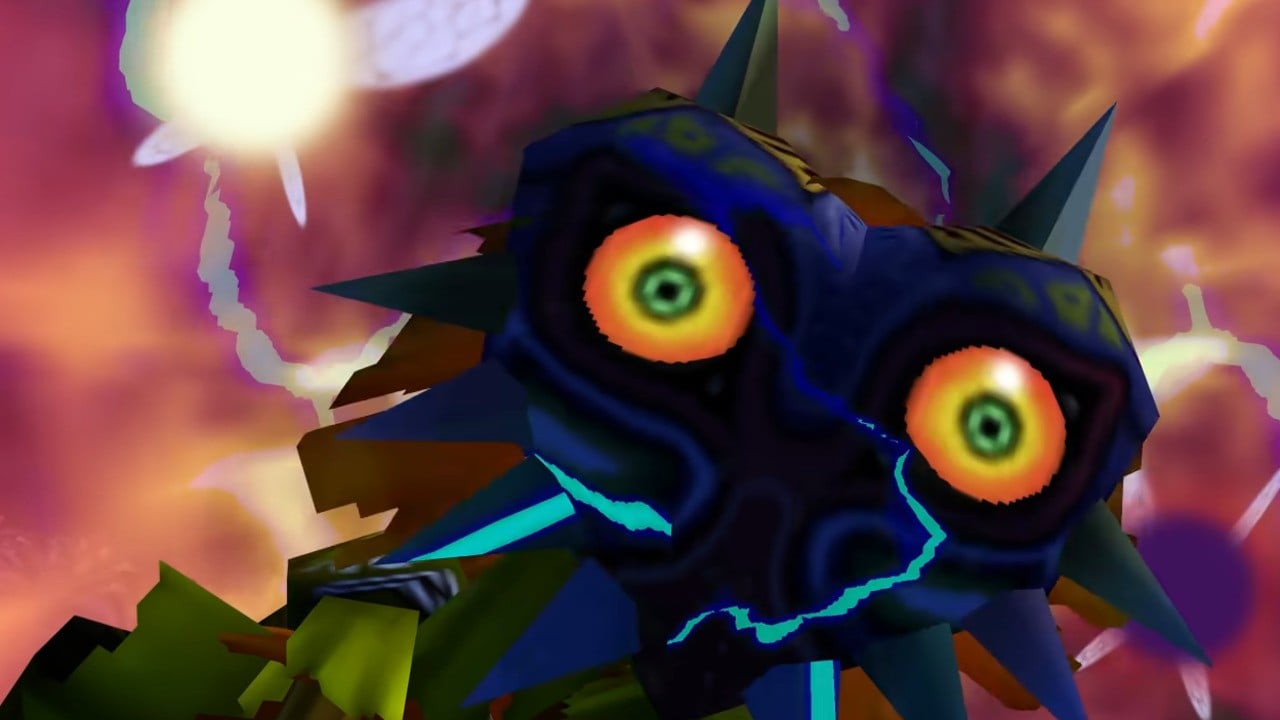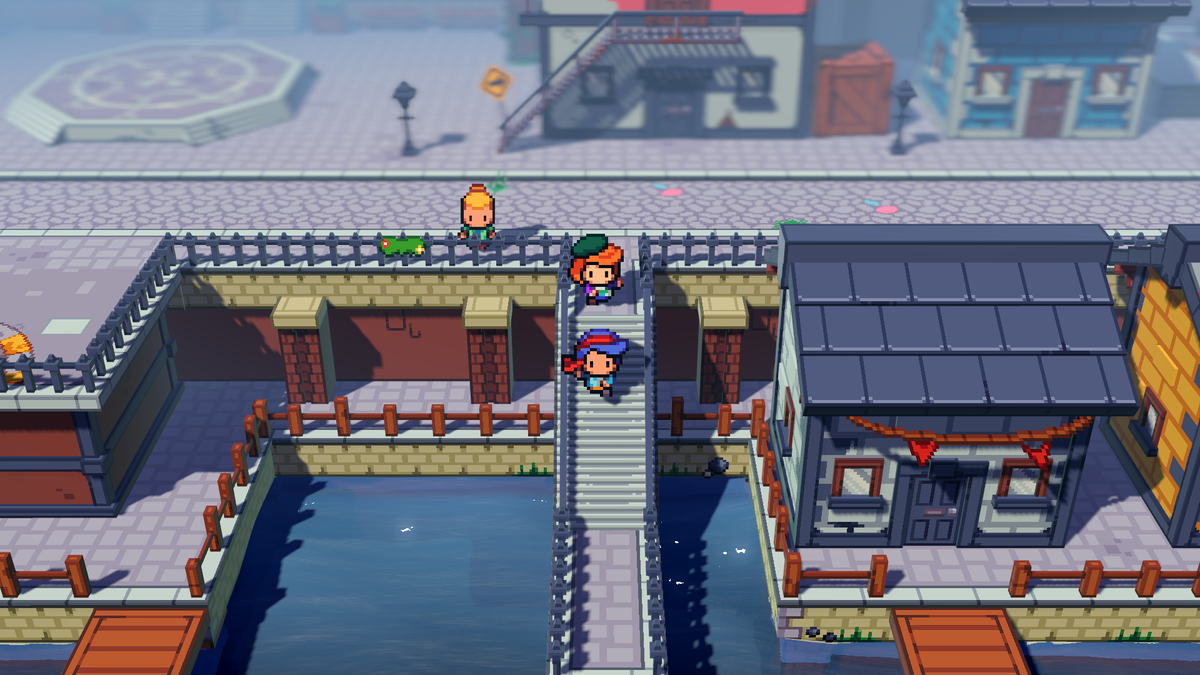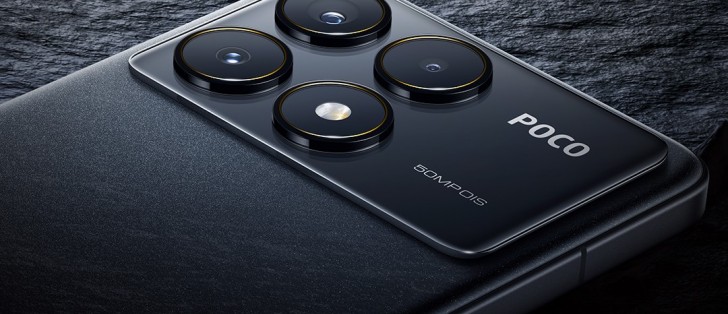Revolutionizing N64 Emulation: A Closer Look at Zelda 64 Recompiled
The Nintendo 64 emulation scene has seen a major breakthrough with the introduction of N64Recomp, a tool that streamlines the process of native PC ports for classic games. Digital Foundry recently delved into Zelda 64: Recompiled and The Legend of Zelda: Majora’s Mask, praising the effort as transformative. This new era of playing N64 games on PC is made possible through recompilation, which converts N64 binaries into portable C code, allowing for added features like uncapped frame rates and ray tracing. The creator of Zelda 64: Recompiled hints at more projects in the works, including a native port of Zelda: Ocarina of Time. What are your thoughts on this groundbreaking advancement in N64 emulation?
Exploring the Future of N64 Emulation with Zelda 64 Recompiled
The unveiling of N64Recomp has sparked excitement within the gaming community, as it offers a fresh perspective on playing Nintendo 64 classics on PC. By recompiling N64 binaries into C code, developers can enhance games like Majora’s Mask with modern features and improvements. With Zelda 64: Recompiled leading the charge, the possibilities for future native ports are endless. As the emulation scene continues to evolve, fans can look forward to experiencing beloved N64 titles in a whole new light. Share your thoughts on the potential of N64 emulation in the comments below.
The Impact of N64Recomp: Analyzing Zelda 64 Recompiled’s Innovation
The recent spotlight on Zelda 64: Recompiled and Majora’s Mask showcases the innovative approach of N64Recomp in redefining N64 emulation. By converting N64 binaries into recompiled C code, developers can introduce enhancements like ray tracing and uncapped frame rates to classic titles. The use of RT64 as the rendering engine further enhances the visual experience, setting a new standard for native PC ports. With Zelda: Ocarina of Time on the horizon, the future looks promising for N64 emulation enthusiasts. What are your expectations for the evolution of N64 emulation technology? Share your insights in the comments section.












